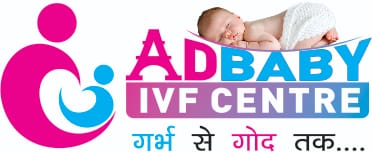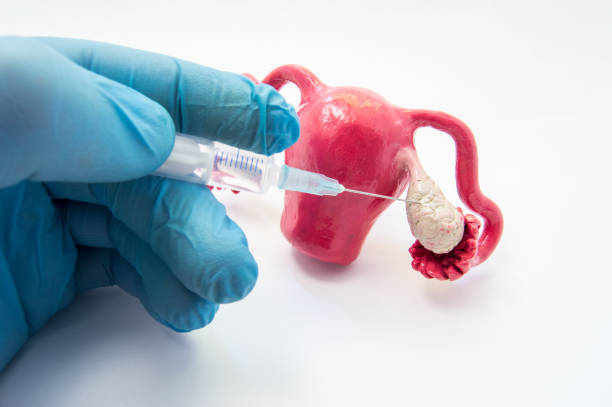So, you’ve been diagnosed with PCOS and are now staring down the road of IVF — feeling like you’ve just opened a map to a city with way too many turns and zero landmarks? You’re not alone. IVF is already a tough journey, and with Polycystic Ovary Syndrome (PCOS) in the mix, things can get even trickier – but also manageable.
Let’s unpack the buzz around IVF + PCOS and figure out how you can beat the odds with knowledge, support, and science on your side.
First, What’s the Deal with PCOS and IVF?
If you have PCOS, your body might produce more androgens (male hormones) than it should, which can throw your ovulation totally out of sync. That’s a big deal when trying to conceive. IVF often becomes the go-to fertility treatment because standard ovulation tracking and timing-based methods don’t always work well for you.
But here’s the kicker – PCOS patients tend to over-respond to fertility drugs, increasing the risk of OHSS (Ovarian Hyperstimulation Syndrome). So while IVF is a solid option, it needs a careful, tailored approach.
“PCOS patients undergoing IVF require lower doses of stimulation and more monitoring,” says Dr. Nupur Sharma, a fertility expert.
The Hidden Challenges You Don’t Hear About
1. Hormonal Rollercoaster
You might already feel like your hormones are running the show. IVF meds amplify that. It’s like handing a megaphone to a hormone already yelling in your head. This can affect your mental health, sleep, mood, and even confidence.
2. Higher Risk of OHSS
As mentioned earlier, you’re more prone to OHSS — a condition where your ovaries swell and become painful. It’s manageable but scary. That’s why “mild stimulation” IVF cycles or antagonist protocols are becoming the trend for PCOS warriors like you.
3. Egg Quality
You may produce lots of eggs, but not all are genetically healthy. It’s quality over quantity here. This is where embryo grading and preimplantation genetic testing (PGT) can help.
4. Emotional Fatigue
PCOS is already a long game. Add IVF – with all its injections, waiting, and uncertainty — and it’s easy to feel worn out before the embryo even implants. (Side note: It’s okay to eat cake for breakfast sometimes. You’re doing hard things.)
So What Are People Doing Differently Now?
Low-Stimulation IVF Protocols
Clinics are shifting from “more is better” to “less is safer” for PCOS patients. With lower doses of stimulation meds and better monitoring, your risk of complications drops while success rates remain competitive.
Freezing All Embryos First
Many clinics suggest “freeze-all” cycles, where they retrieve and freeze embryos, then do a Frozen Embryo Transfer (FET) later when your hormone levels are calmer and your body is better prepared.
Focus on Lifestyle First
You’ve probably heard it a thousand times, but it’s true — diet, exercise, sleep, and even gut health now play starring roles in improving IVF outcomes.
A 2023 study in Fertility and Sterility showed that PCOS patients who followed an anti-inflammatory diet before IVF had 18% better embryo implantation rates.
Real Talk: What Can You Do Right Now?
- Track your cycle and know your PCOS subtype (yes, there are different types).
- Ask your doctor about mild stimulation and antagonist protocols.
- Prep your body — think Mediterranean diet, moderate movement, supplements (like inositol), and sleep hygiene.
- Plan emotionally, not just physically. Consider support groups, therapy, or a “vent buddy” who won’t judge you for ranting about hormones or bloating.
- Be realistic but hopeful. PCOS makes it harder, not impossible.
But Hey, It’s Not All Figured Out (Yet)
Science is still catching up with the complexity of PCOS. Why does one protocol work wonders for you and fail for someone else with the same diagnosis? Why do some people develop OHSS even on low doses?
There’s no universal roadmap, which can be frustrating. But fertility medicine is evolving fast. Personalized medicine, AI-driven embryo selection, and hormonal profiling are helping to bridge those gaps.
Final Thought
If you’re dealing with IVF and PCOS, you’re on a uniquely challenging path — but also one that more and more women are successfully navigating every day. Be curious, be patient, and above all, be kind to yourself. You’re not broken – your journey just comes with more plot twists than most.
And who knows? A few years from now, you might be the one sharing your story with someone who’s exactly where you are now.











